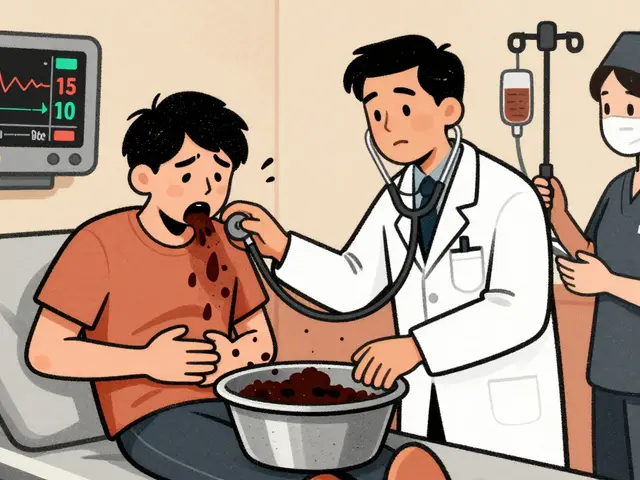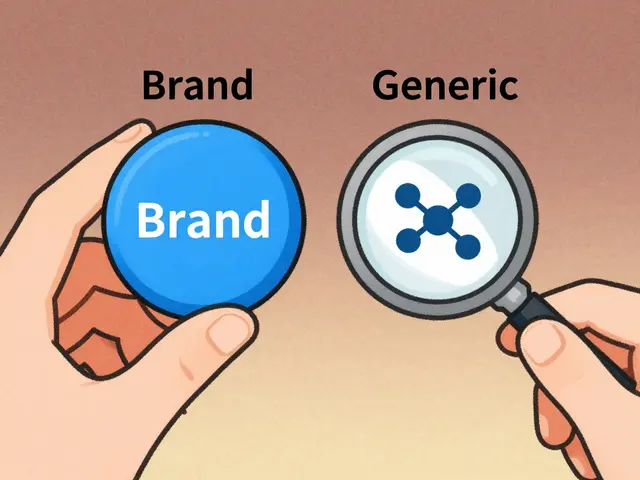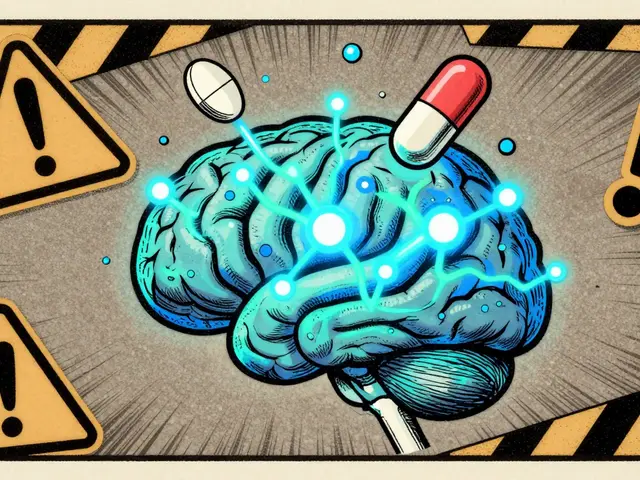Heartburn medication: what works and when to use it
Heartburn feels like a burning chest after eating. The good news: there are several medicines that help fast and long term. This page helps you understand common options, how they work, and when to talk with a doctor.
Types of heartburn medication
Antacids neutralize stomach acid for quick relief. You know brands like Tums and Maalox; they work within minutes but wear off fast. Use them for occasional symptoms after meals.
H2 blockers reduce acid production for a few hours. Famotidine is a common choice. H2s help when symptoms occur a few times a week and when you need longer relief than antacids.
Proton pump inhibitors (PPIs) cut acid production strongly and last all day. Examples are omeprazole and esomeprazole. PPIs work well for frequent heartburn and GERD, but they take several days to reach full effect. Use PPIs for the shortest time needed and follow a doctor’s advice.
Alginates form a protective foam barrier that keeps acid from rising into the esophagus. Gaviscon is a well-known product in this group. Alginates are useful right after meals or at bedtime.
How to pick and use them safely
Start with the least powerful option that helps you. Try lifestyle changes first: avoid spicy or fatty meals, eat smaller portions, don’t lie down right after eating, and cut back on caffeine and alcohol. If occasional antacids work, stick with them.
If heartburn comes several times a week, consider an H2 blocker or short PPI course. Talk to your doctor before starting long-term PPIs—there are real risks like nutrient gaps and infections if used without need.
Watch for red flags: trouble swallowing, unintentional weight loss, persistent vomiting, or black stools. These need medical attention right away. Also tell your clinician about other medications you take—some drugs interact with acid reducers.
Don’t self-treat with antibiotics or unclear online prescriptions. If you buy medicine online, choose licensed pharmacies and check for valid contact info and pharmacist access.
Pregnant or breastfeeding? Ask your doctor before using any heartburn drugs. Many options are safer than others depending on your stage and medical history.
Keep a simple symptom diary: note what you ate, when symptoms started, and which drug worked. That info helps your clinician pick the best plan faster.
Need help choosing a product or worried about side effects? Reach out to a pharmacist or your primary care provider. Small changes in choice or timing often make a big difference in comfort and safety.
Timing matters: take PPIs about 30–60 minutes before your main meal of the day for best effect. H2 blockers can be taken when symptoms start or at bedtime. Antacids work on the spot so keep a pack handy. Avoid mixing antacids and PPIs at the same minute — spacing helps each drug work properly.
If side effects bother you—headache, diarrhea, or constipation—talk to your provider. Switching dose or drug often solves it. Keep prescription records and allergy notes handy. Ask before combining any supplements.

- Jun 9, 2025
- Posted by Cillian Osterfield
Zantac: What Really Happened, Safety, and Alternatives Explained
Wondering what the buzz around Zantac is all about? This article digs into the true story behind the popular heartburn drug, the safety concerns that led to its recall, and what options people have now. Get a clear breakdown of what happened and what it means for anyone who used Zantac. Facts, safety tips, and real info—no fluff, no confusion. Stay in the know about Zantac’s place in medicine today.
Categories
- Health and Wellness (72)
- Medications (69)
- Health and Medicine (28)
- Pharmacy Services (12)
- Mental Health (9)
- Health and Career (2)
- Medical Research (2)
- Business and Finance (2)
- Health Information (2)
Latest Posts
©2026 heydoctor.su. All rights reserved





